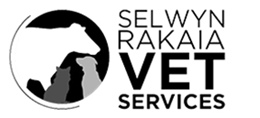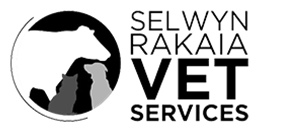Adequate vaccination plays a crucial role in controlling infectious diseases in our pets as well as protecting the pet population as a whole.
Puppies should begin their primary vaccination course at 6-8 weeks of age. The vet will inform you of which vaccinations are needed and when the remainder of the puppy series is due. After the initial vaccinations, your pet should receive routine booster injections. Our system at the clinic can set up reminders so your pet doesn't miss a beat.
Kittens are ‘temporarily’ protected against many diseases by antibodies received through their mother’s milk. These maternal antibodies decline in the first couple of months of life. However, they can also neutralise vaccines until levels drop sufficiently. This is why a series of vaccinations is necessary for a kitten beginning at 8-9 weeks of age. The immunity from kitten vaccination weakens over time and your pet can again become susceptible to disease. Annual health checks and booster vaccinations will provide the best protection for your pet over their lifetime.
Initial vaccination programs should provide three vaccinations 3-4 weeks apart against the following agents; Feline Panleukopenia, Calicivirus, Chlamydia, and Rhinotracheitis. Feline Leukemia Virus incidence in NZ is low so vaccination is not necessary for low-risk cats. FIV (Feline AIDS) should be considered in cats that will be at risk of fighting with other cats, especially wild ones (e.g. A pet cat on a farm where there are multiple feral cats around).
Following vaccination, your pet may be off-colour for a day or two or have some slight swelling or tenderness at the injection site. Access to food, water and a comfortable area to rest are usually all that is required for a quick recovery. However, if the response seems more severe, you should contact us for advice.


